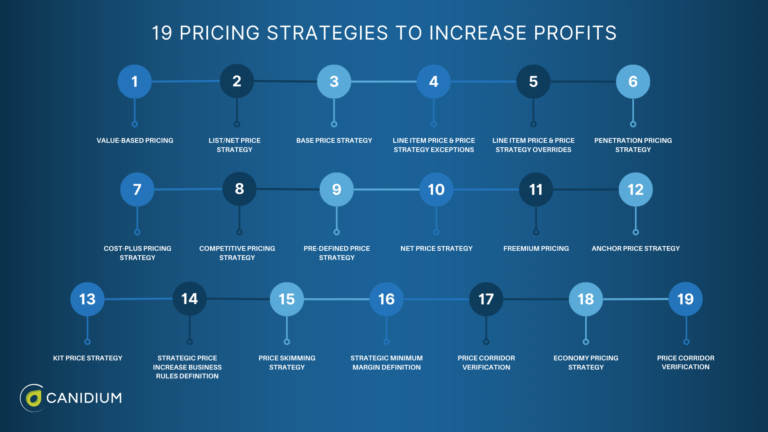Managing Various State Tax Return Due Dates for LLCs
Anybody can find filing taxes to be a difficult undertaking, but operating an LLC that conducts business in several jurisdictions makes the process even more complicated. It can be quite difficult for freelancers and business owners to maximize their tax savings while meeting different state filing deadlines. The complexities of handling LLCs tax filing, the value of employing resources like a self-employed tax calculator, and methods to guarantee compliance and maximize tax savings will all be covered in this article.
Recognizing LLC State Tax Filing Requirements
Since they offer limited liability protection and flexibility, LLCs are a popular choice for independent contractors and business owners. There are specific tax requirements associated with this corporate form, though. You must carefully manage these complexity if your LLC operates in many states, as each state has different tax filing requirements.
### Tax Liabilities and State Nexus
When it comes to figuring out your tax liabilities in many states, the idea of “nexus” is essential. The degree of a company’s presence or connection to a state that may result in tax filing obligations is referred to as nexus. Possessing real estate, hiring staff, or carrying out sizable commercial operations within a state are examples of factors that create nexus. Managing numerous state tax files begins with knowing where your LLC has nexus.
### Tax Types
LLCs could be liable for a number of taxes, such as:
– **Income Tax**: While some states tax the income of individual members, others tax LLCs as a whole.
– **Sales Tax**: In states where you have nexus, you can be required to collect and remit sales tax if your LLC sells goods or services.
– **Franchise Tax**: In order for LLCs to conduct business in a state, several states impose a franchise tax.
It’s crucial to maintain organization and knowledge because every tax kind has different filing deadlines and criteria.
Difficulties Freelancers and Entrepreneurs Face
In order to maintain the efficient operation of their businesses, freelancers and business owners frequently take on a variety of roles and duties. There might be a number of difficulties with tax filing, especially for businesses that operate in numerous states.
The intricacy of filing with multiple states
It can be very difficult to coordinate the filing of taxes in several states. It is challenging to stay on top of everything because every state has different paperwork, due dates, and regulations. Penalties and interest costs for missing a deadline or submitting an inaccurate form can increase the financial burden.
### Optimizing Tax Reductions
Ensuring compliance with state tax regulations while optimizing tax savings presents a noteworthy difficulty. To reduce their tax liability, freelancers and business owners have to juggle a complex web of credits, exemptions, and deductions. Without the right preparation and understanding, it’s simple to miss out on tax savings potential.
### Restrictions on Time and Resources
Time and resources, which can be in short supply for time-pressed enterprises, are needed to handle numerous state tax files. Compiling paperwork, filling out forms, and keeping abreast of tax regulations can become an administrative burden that takes time away from other crucial business operations.
Techniques for Handling Several State Tax Returns
Despite the difficulties, entrepreneurs and freelancers can optimize their tax savings by using certain tactics to efficiently handle numerous state tax files.
### Use a Tax Calculator for Independent Contractors
An effective tool for independent contractors and entrepreneurs is a self-employed tax calculator. With the help of these calculators, you can determine your tax burden while accounting for different credits and deductions. You can have a better understanding of your tax responsibilities and make plans appropriately by entering your income and expenses. This can assist divide income and expenses appropriately, which is especially helpful for people who have income from different states.
### Maintain Extensive Documentation
Keeping thorough documentation is essential for handling several state tax returns. Maintain records of your LLC’s earnings, outlays, and commercial dealings in every state where it conducts business. Accurately filling out state tax forms and supporting any credits or deductions you claim will require this paperwork.
### Keep Up with State Tax Laws
It’s important to be informed about changes to state tax legislation in order to ensure compliance. Examine the tax laws on a regular basis in every state where your LLC is active. To stay informed about any changes that might effect your filings, think about subscribing to tax newsletters or speaking with a tax expert.
### Take Into Account Expert Assistance
Considering the intricacy of filing taxes with numerous states, a lot of independent contractors and business owners find it helpful to get expert help. Tax experts, including tax attorneys or certified public accountants (CPAs), can offer professional advice and guarantee that your files are timely and accurate. They can also assist in locating potential tax savings that you might have missed.
### Make an Estimated Tax Plan
It might be necessary for you to make anticipated tax payments throughout the year if your LLC receives income from many states. Interest and fines may apply if this isn’t done. Estimate your quarterly tax payments using your self-employed tax calculator and make the necessary financial provisions. When it comes time to file your returns, you won’t have any surprises thanks to our proactive strategy.
### Utilize Technology
The process of coordinating numerous state tax files can be streamlined with a variety of software programs. These tools can be used to create required forms, monitor deadlines, and automate calculations. Purchasing dependable tax software will lower the chance of mistakes and save time.
Verdict
While managing several state tax filing deadlines for LLCs might be difficult, it is doable with proper preparation and the appropriate resources. To guarantee compliance and optimize tax savings, freelancers and business owners need to be well-informed, keep thorough records, and think about utilizing technology and expert help. Making use of a self-employed tax calculator will help you remain on top of your tax obligations and offer insightful information. You can reduce the anxiety of tax season and concentrate on expanding your company by being proactive.
Keep an eye for more latest news & updates on USA Upmagazine!






